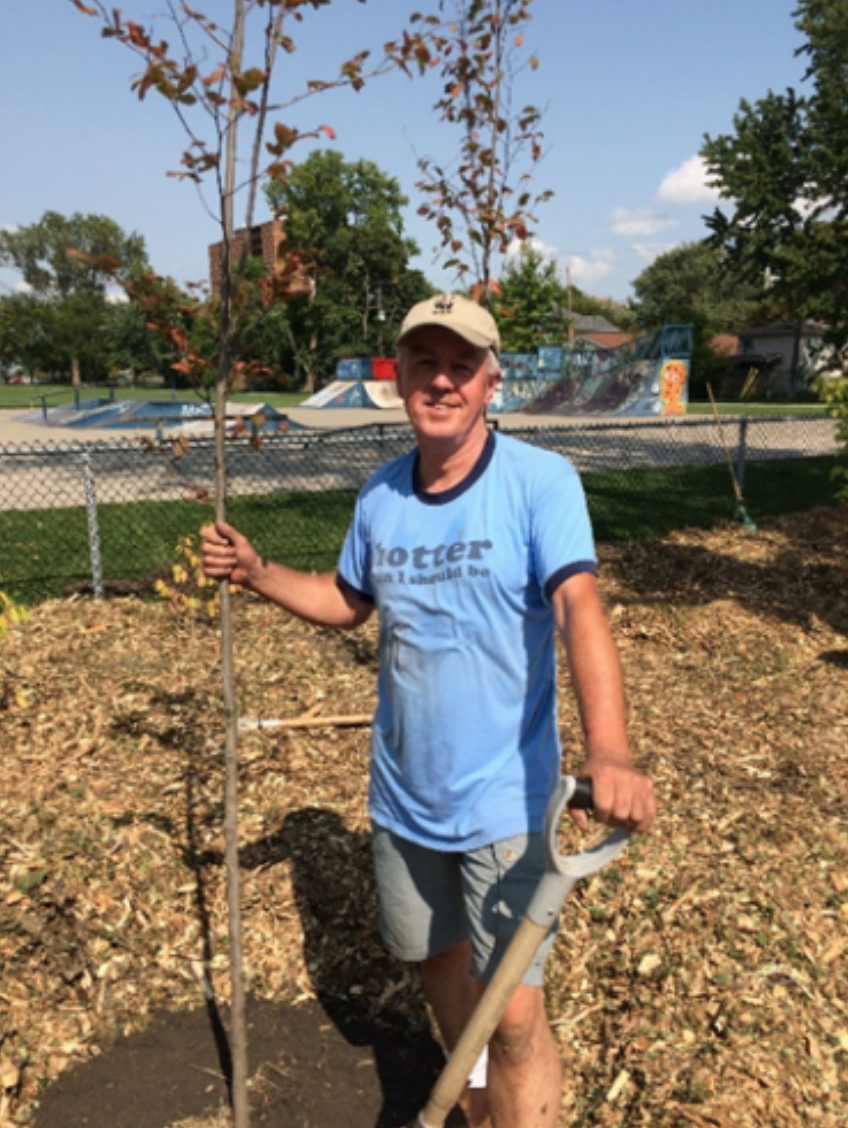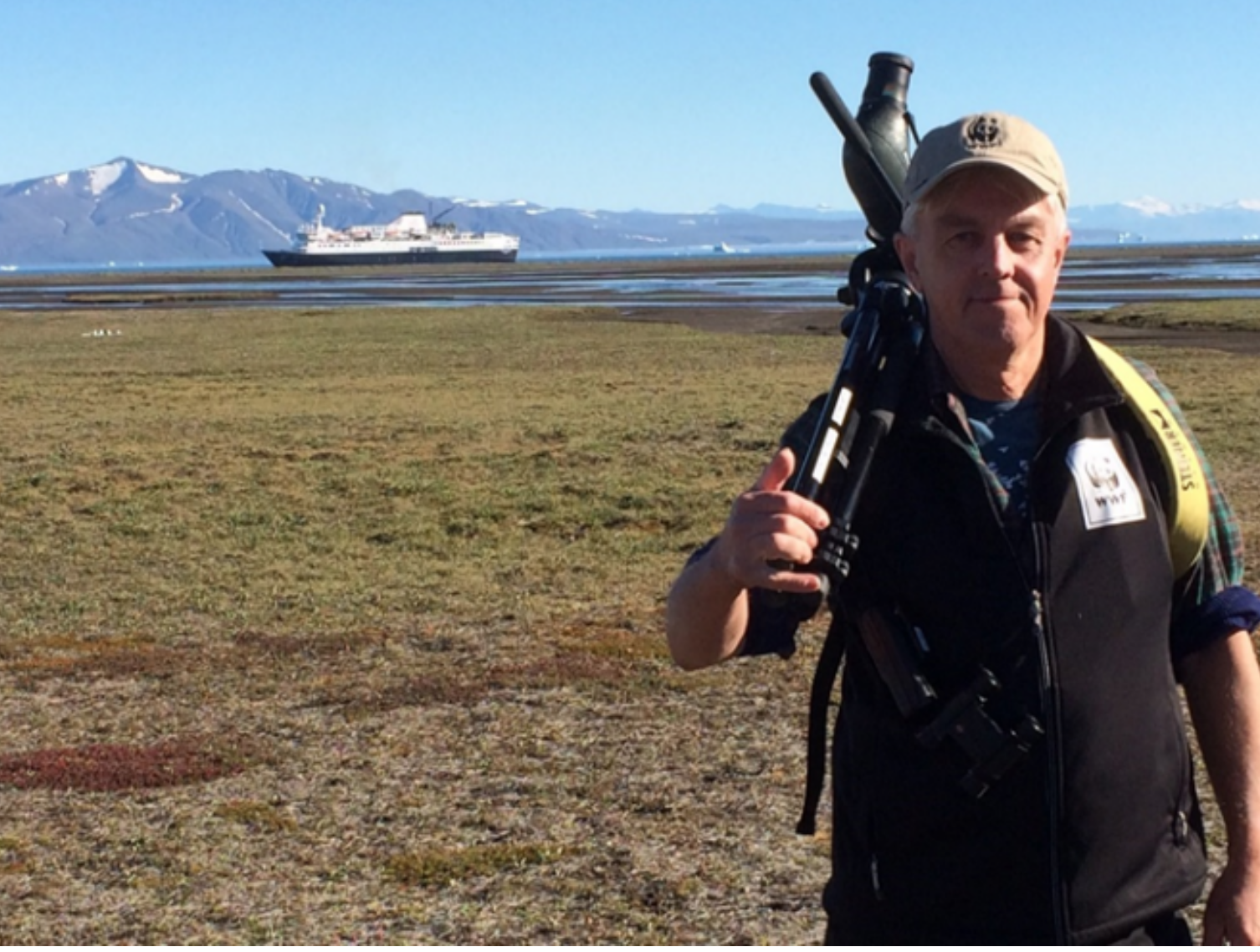 Pete was raised in the UK countryside, armed with binoculars, a Jack Russell Terrier and numerous footpaths for exploring the natural world wherever possible! He spent 12 years in Shetland, including a post as Assistant Warden for three years at the world-famous Fair Isle Bird Observatory. His introduction to applied conservation was provided during six years working for the UK government as Nature Conservancy Council officer for Shetland, and then Hertfordshire. His doctoral work on Black Guillemots in relation to the offshore oil industry, was completed at Oxford University in 1986.
Pete was raised in the UK countryside, armed with binoculars, a Jack Russell Terrier and numerous footpaths for exploring the natural world wherever possible! He spent 12 years in Shetland, including a post as Assistant Warden for three years at the world-famous Fair Isle Bird Observatory. His introduction to applied conservation was provided during six years working for the UK government as Nature Conservancy Council officer for Shetland, and then Hertfordshire. His doctoral work on Black Guillemots in relation to the offshore oil industry, was completed at Oxford University in 1986.
In 1990 he moved to Canada and worked until 1996 on the Great Lakes wildlife toxicology programs of the federal government’s Canadian Wildlife Service, documenting levels and impacts of toxic pollutants on wildlife at the top of aquatic food webs.
He joined World Wildlife Fund Canada, as Director of Canada’s Endangered Species Program in 1996 and then led WWF’s Arctic conservation work from 2000-2006, focusing heavily on shifting the industrial development paradigm to one that provides adequately for conservation of intact ecosystems, and ecological and cultural diversity, while the opportunity still remains.
Pete was lead specialist for WWF’s Canadian species conservation work from 2007-20. His work centred on flagship species conservation in globally significant regions, such as whales and polar bears, accelerating the recovery of Species At Risk, and increasing the connection of urban citizens to wildlife species and their needs. He has published over 100 scientific papers, book chapters etc.

In recent years he’s been very active in wildlife habitat restoration in urban areas via Nature-Connected-Communities initiatives at WWF, and now independently with Project Swallowtail in west Toronto. He finds this very inspiring now with rapidly increasing numbers of citizens keen to play a role in building a better- balanced future, and getting practically involved with wildlife and nature in their neighbourhoods by restoring local-sourced native plant habitats in gardens and other private and public spaces. He is also a regular marine-ecological resource expert on Arctic cruises with Adventure Canada.